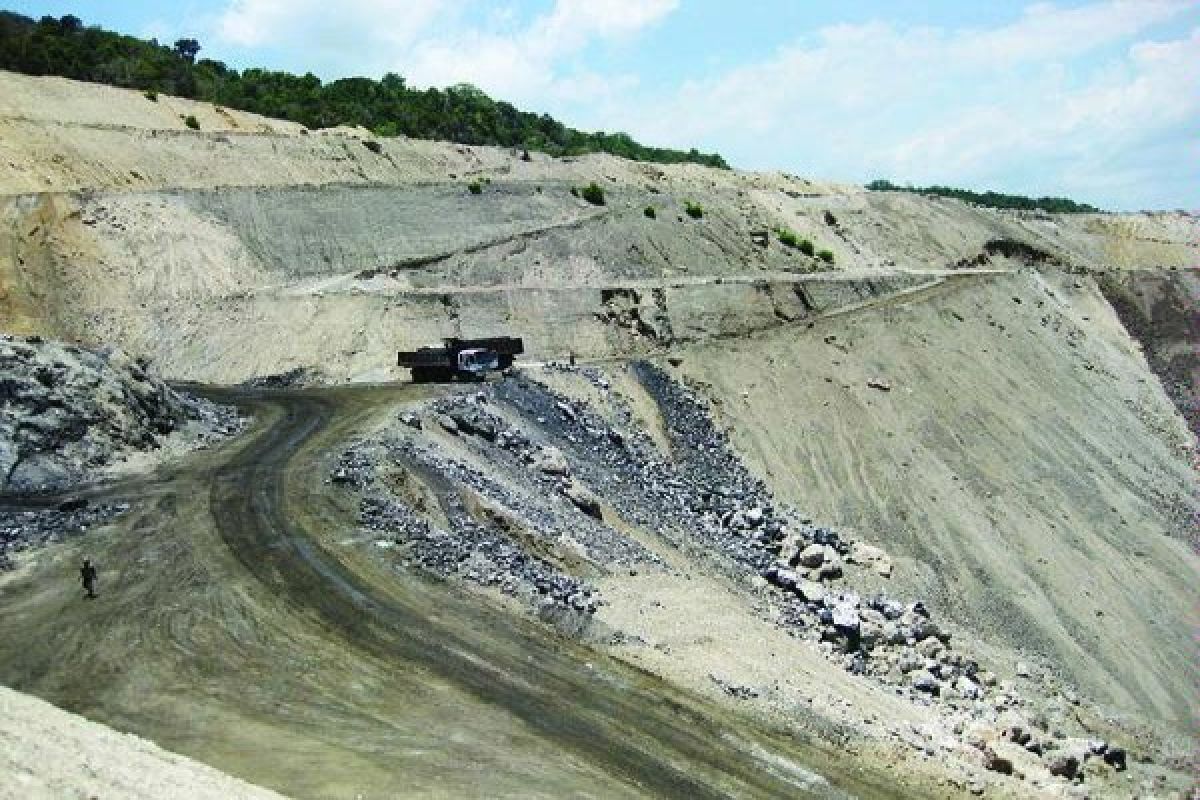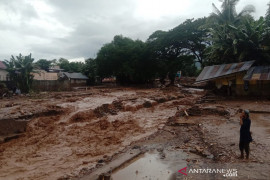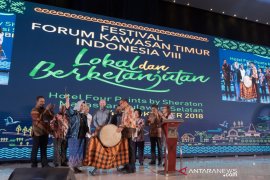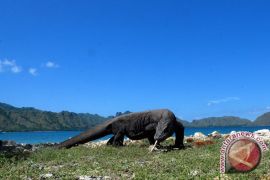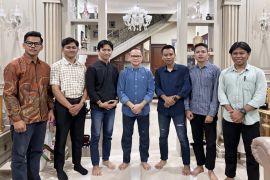"To be honest, there is no positive impact to society and nature from post-mining activities."Kupang (ANTARA News) - Development of a manganese smelter by mining companies might provide benefits for the local community in East Nusa Tenggara, according to an economist from Artha Wacana Christian University, Dr James Adam.
"The benefit of development is by creating a better infrastructure around the smelter location," Dr Adam said here Thursday.
If these manganese processing companies could set up smelters in provincial areas they would have a great impact, not only to the economies, but it could effect the public`s welfare, noted Dr Adam.
He said if manganese processing plants are set up at mining sites, they will provide jobs for area villagers.
Further, if processing plants are built, the company owners will also improve the quality of surrounding roads, electricity and other infrastructure.
"If so, the community will benefit not only economically, but in other aspects of their well-being," he said.
Also, regional government should meet to discuss the positive developments that would be created by the mining business, in terms of benefits and welfare.
"To be honest, there is no positive impact to society and nature from post-mining activities. However, the government must find a way to improve the welfare of the community," said James.
East Nusa Tenggara`s Regional Secretary, Frans Salem, said that the local government would immediately issue permits for the smelter, which is to be built in the Bolok industrial area, Kupang.
Salem added that many licenses have been issued and smelters have been built in a number of areas in the province, though none of the operating companies have cleaned up the areas around the community-owned manganese mines before moving on to Singapore and other countries.
This is because many plants do not have nearby mines to provide raw materials to carry out operations at the plant.
Salem said he hoped there would be environmental rehabilitation efforts tied to post-mining activities so that local people living near the mines do not suffer from the negative effects of mining activities.
(U.A050/INE/KR-BSR/F001)
Editor: Priyambodo RH
Copyright © ANTARA 2012
